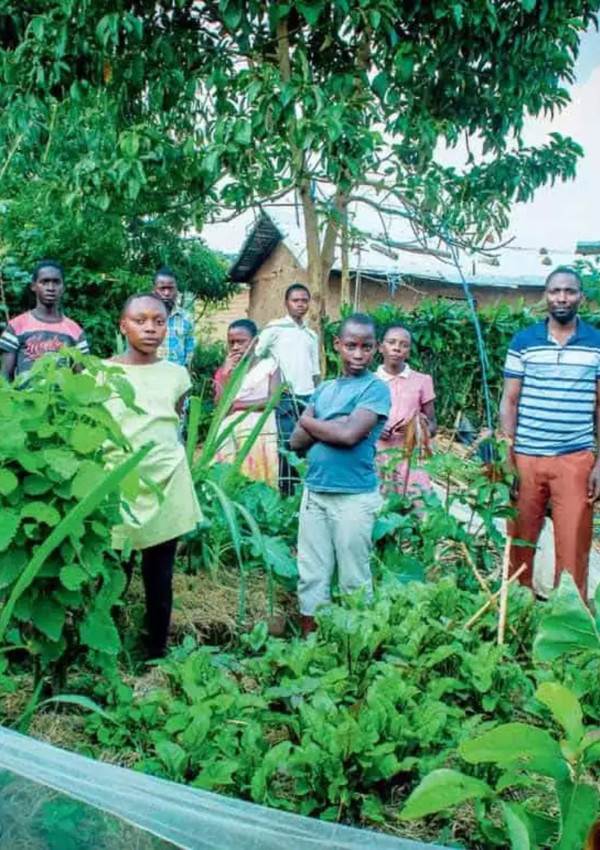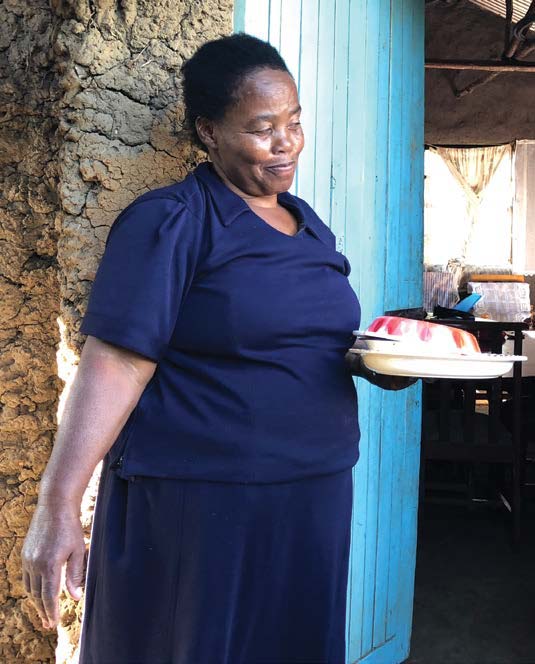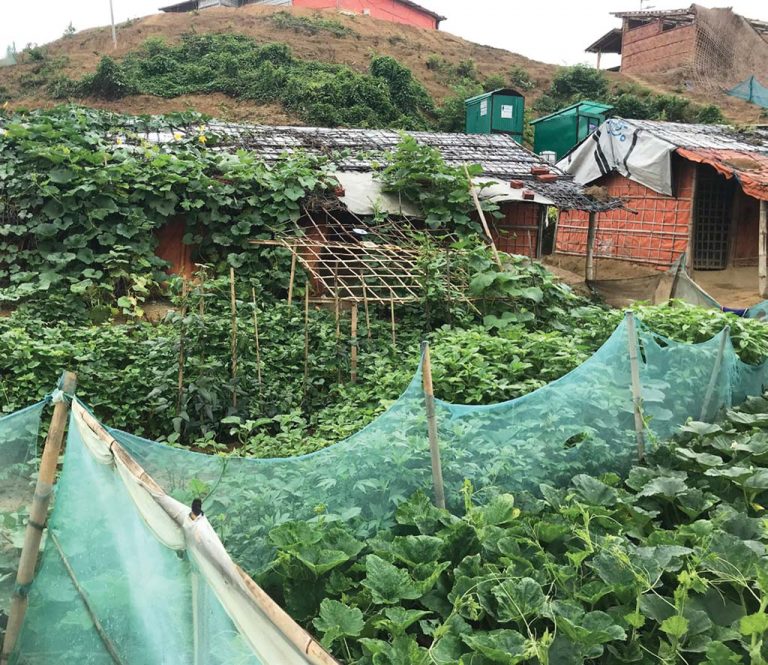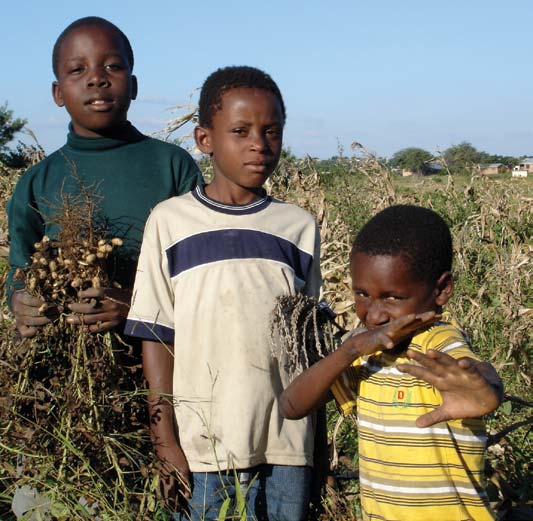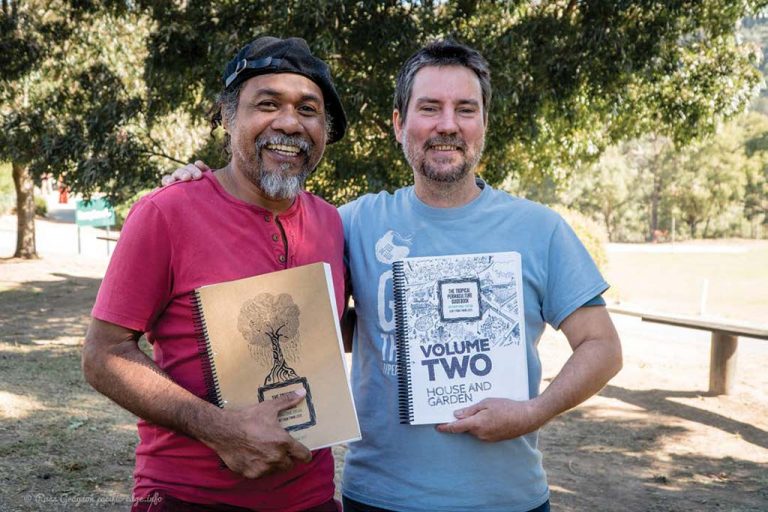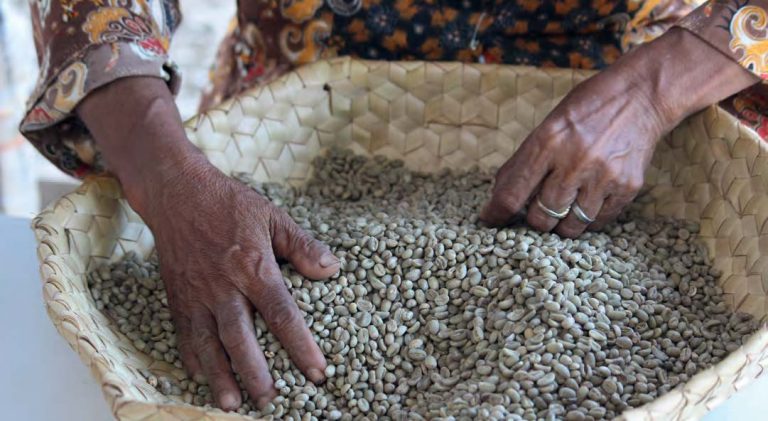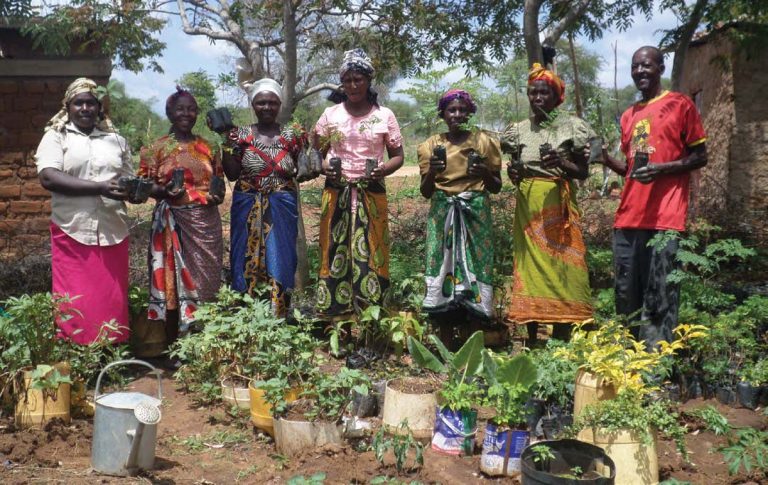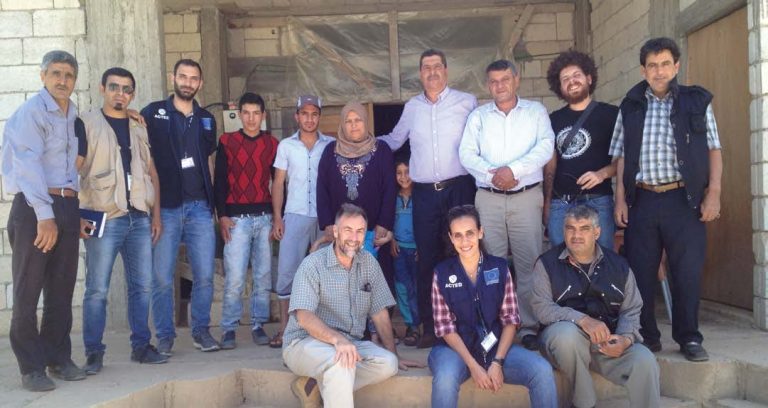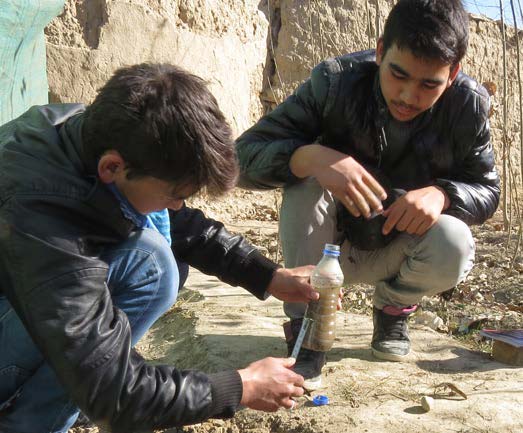International Projects
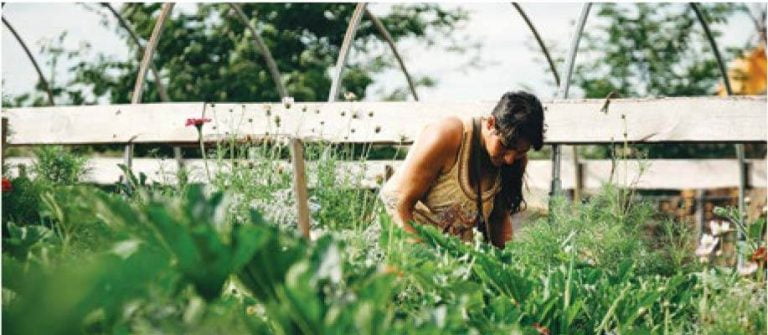

The Indigenous people of the Oglala Lakota are revitalising their culture with permaculture, Indigenous wisdom and looking for solutions for the next seven generations. Based at Pine Ridge in South Dakota, a Reservation created in 1889 – originally part of the Great Sioux Reservation – there’s a need for change.
Ranked the poorest county in the nation, it has a lack of housing, abysmal health issues, severe food insecurity and has been described as a developing nation within the USA. OLCERI is an Indigenous-led organisation aiming to cultivate skills for regeneration. It’s creating gardens, earthships, appropriate technologies and practising holistic land management. Completely off-grid, everything the organisation does is supporting affordable and accessible housing and a resilient food system. OLCERI hosts Indigenous Wisdom and Permaculture Skills Convergences and Permayouth Americas have partnered in support.

